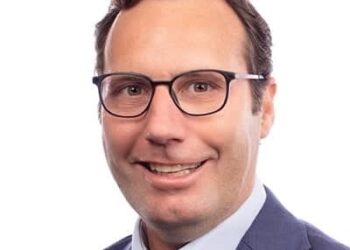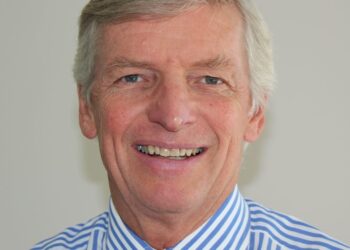“Where the money is, the fraudsters and conmen will follow”, Senator Sue Boyce told the leadership of the Australian Securities and Investments Commission (ASIC) when they appeared before a recent Parliamentary Joint Committee (PJC) hearing. Boyce, a Coalition senator from Queensland, was referring specifically to rumblings of less-than-optimal advice in the self-managed superannuation sector. Regaled with tales of unscrupulous operators, misleading advertising and over-zealous property spruikers, the senator and her PJC colleagues said they eagerly awaited the findings of an ASIC taskforce into SMSF advice, anticipating the need to crack down.
When the regulator did hand down its much anticipated taskforce findings in late April, they did partly reflect the senator’s dire prophesy. After an eight-month investigation into advice on offer to SMSF trustees, ASIC found that while a majority of advice provided was “adequate”, there were also a number of significant areas with “room for improvement” within the advice giving process. Indeed, the taskforce found what it described as “concerning pockets of poor advice” – almost one third (28.4 per cent) of advice samples reviewed – singling out cases in which an SMSF was being used as a vehicle through which to gear into real property as particularly disconcerting.
The report detailing the findings went on to outline a checklist for professionals in the sector to adhere to when providing advice to SMSF trustees. This included a stipulation that prospective trustees are financially literate, have sound investment knowledge and are aware of the pros and cons of industry funds.
To that end, the report shone a torch brightly on the seedier side of the industry – much to the glee of some mainstream media outlets and opponents of the SMSF sector – and the evidence that some unsavoury characters are operating under an SMSF banner cannot be denied.
But at the same time, the findings are at odds with the increasingly professional, mainstream and profitable SMSF advice businesses on the scene.
The SMSF Professionals’ Association of Australia (SPAA) was quick to welcome elements of the report, commending both the finding that most cases reflected adequate advice as well as the admonition of the no-goodniks in the sector.
“With this report, hopefully the remaining outliers of poor advice are eradicated from the market,” SPAA chief executive Andrea Slattery told ifa. She also stressed the fact that the ASIC taskforce focused specifically on cases deemed likely to be high risk and that, therefore, the findings were not reflective of the wider SMSF advice industry – an important caveat conspicuously absent from some responses to the taskforce. Former SPAA technical director Peter Burgess, now head of policy and standards at AMP SMSF, also put a positive spin on the report, reiterating the need for specialisation and high-level skills.
“This is an encouraging result for the industry, particularly when you consider ASIC’s sample is focused on the high-risk cases,” he said. “AMP supports the views expressed by ASIC in the report that investors need access to good quality, tailored advice about SMSFs,” he added.
In many cases, this high quality advice is what an SMSF trustee or prospective fund member will receive, as evidenced by the findings of the ASIC taskforce report. And with SPAA accredited specialists outnumbering SPAA general membership for the first time in 2012, this trend is only likely to increase, exacerbated by the substantial resources being plugged into the sector by companies like AMP, eager to get a piece of the pie.
The jumping of reputable financial services companies onto the SMSF bandwagon is a good thing for the industry’s public image, as is the increasing number of specialists. But it does not erase the damage done by dodgy operators using the SMSF initials to mislead and defraud.
The reality is that as the SMSF sector grows it is seemingly becoming more polarised, with highly educated and skilled professionals at one end of the spectrum and those alluded to by Senator Boyce at the other.
Let’s hope a majority of consumers continue to be exposed to the former.



